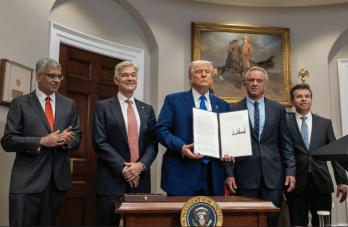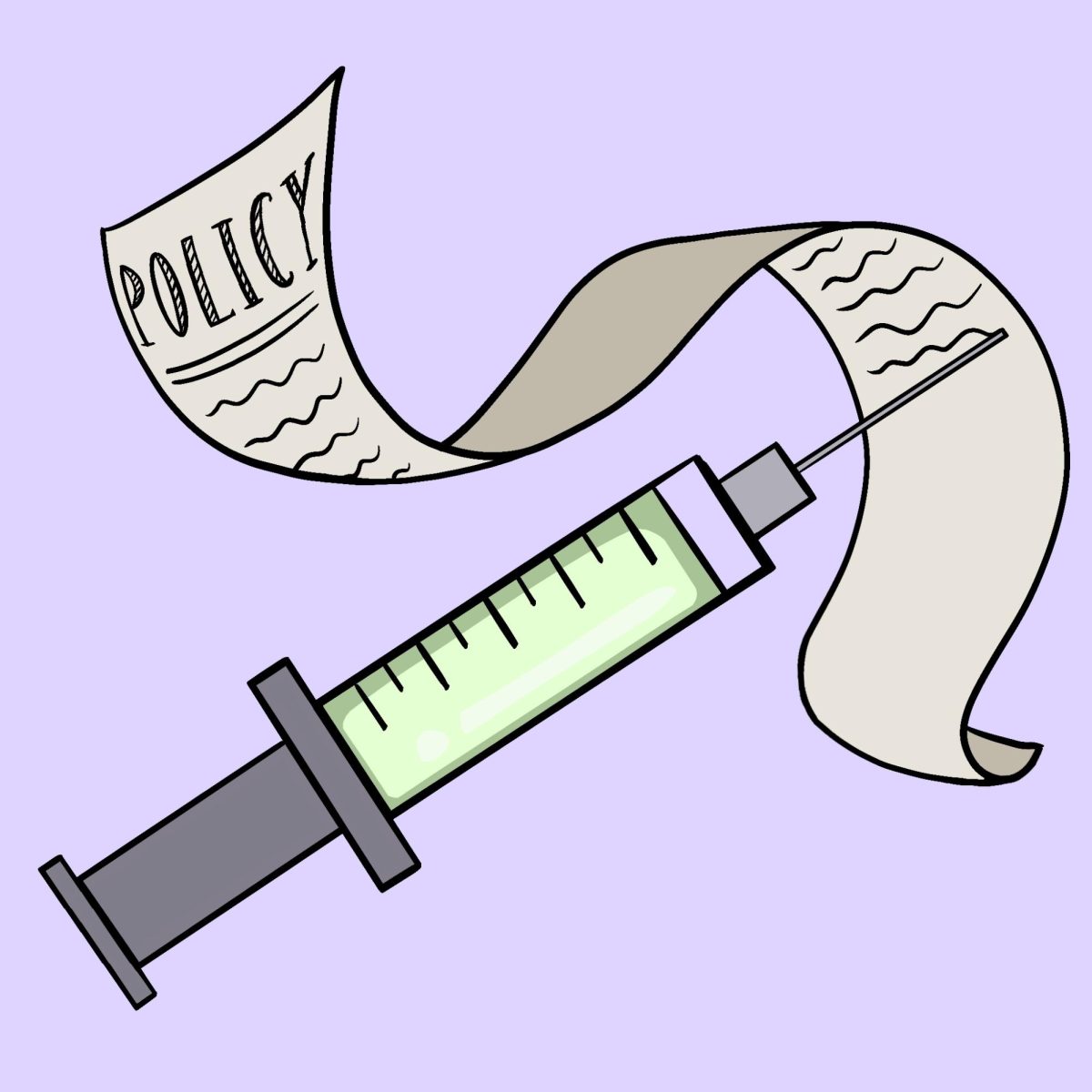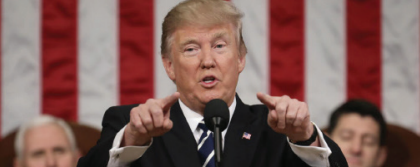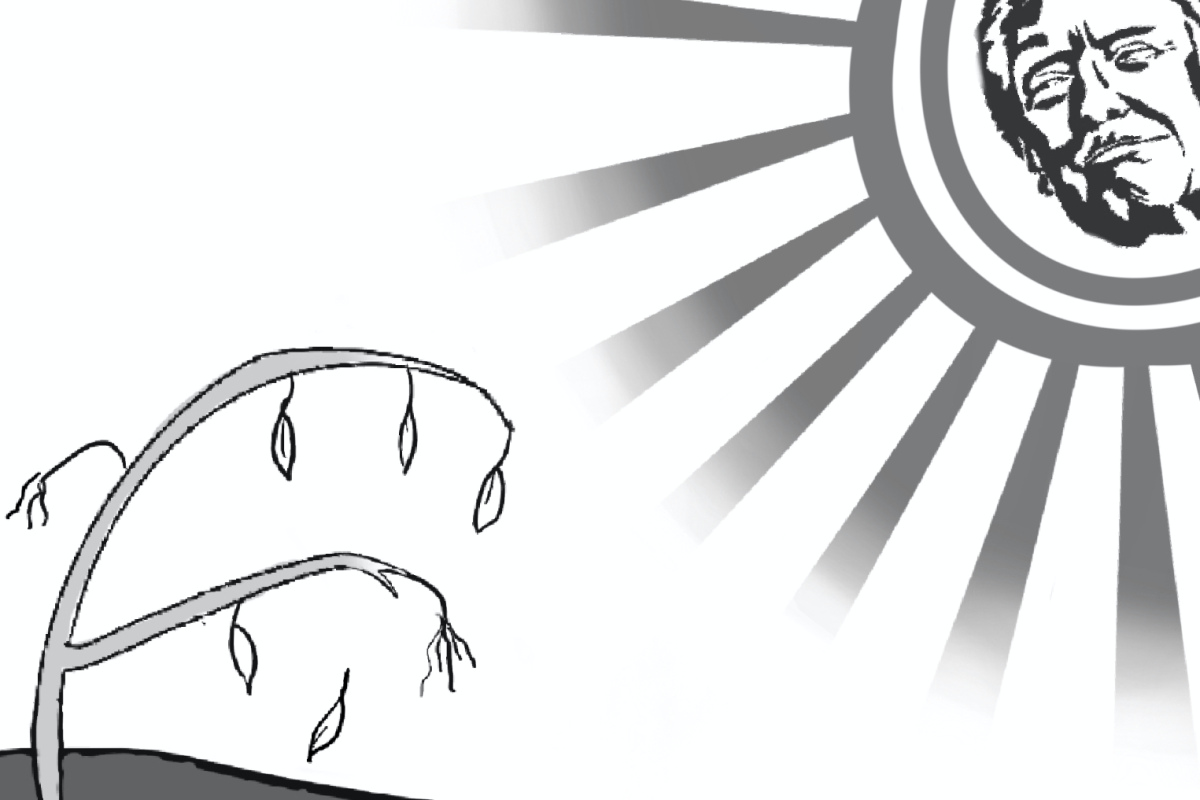
On May 22nd, the “One, Big, Beautiful Bill Act” passed the House of Representatives, allowing it to move onto the Senate for the next vote. The bill passed the House by only one vote: 215-214. It is likely to face more resistance in the Senate, with Trump even admitting that it would likely undergo “fairly significant” changes before it would end up on his desk. If passed, it will be the biggest and most impactful piece of legislation so far in Trump’s second term. The question stands: what is the “One, Big, Beautiful Bill,” and what does it mean for you?
The flashiest parts of the bill are two of Trump’s main campaign promises: no tax on tips, and no tax on overtime. These two new policies, if passed, would affect millions of workers across the country. The bill will also extend many of Trump’s tax policies from his first term, which were set to expire at the end of this year. These include broad tax cuts across the board. But while tax cuts are often popular in the short term, their long term effects are up for debate. Economists at the Tax Foundation estimate that the extension of policies would lose the federal government $4.5 trillion in income over the next nine years. And while Trump intends to make up this gap through tariffs on U.S imports, the country will likely still have to bite the bullet in the form of spending cuts or adding to the national debt. “It’s basically just adding a ton of money to the U.S. debt that was already skyrocketing,” Grady Frost ’27 told the Register Forum, “this is quite possibly the worst budget bill in American history.”
But, cutting spending is an option as well—one that is included in this very bill. The most impactful cuts in this bill are to Medicaid, food-stamps, and renewable energy funding. Medicaid, which serves over 70 million low- and middle-income Americans, may soon have new eligibility requirements. A new bill would require people to submit proof that they are either working, volunteering, or in school to gain coverage through the program. Republican House Speaker Mike Johnson called Medicaid in its current state “hugely problematic,” saying that it “has a lot of fraud, waste, and abuse.” Other changes to healthcare policy will make it much more expensive to purchase healthcare plans through Obamacare.
All in all, the “One Big, Beautiful Bill Act” is a continuation of the economic controversy that Americans have seen so far in the Trump presidency. While tax cuts are a classic conservative policy, even prominent figures on Trump’s side have questioned whether this bill can work. Elon Musk, former head of DOGE, resigned shortly after the bill passed the House, saying in a CBS interview that the bill was counterproductive to DOGE’s efforts: “I think a bill can be big, or it can be beautiful, but I don’t know if it can be both.” Major changes to the bill are likely yet to come, but in whatever state it is ultimately passed, it will have major implications for the federal government, the deficit, and American citizens across the country.
This article also appears in our June 2025 print edition.



















